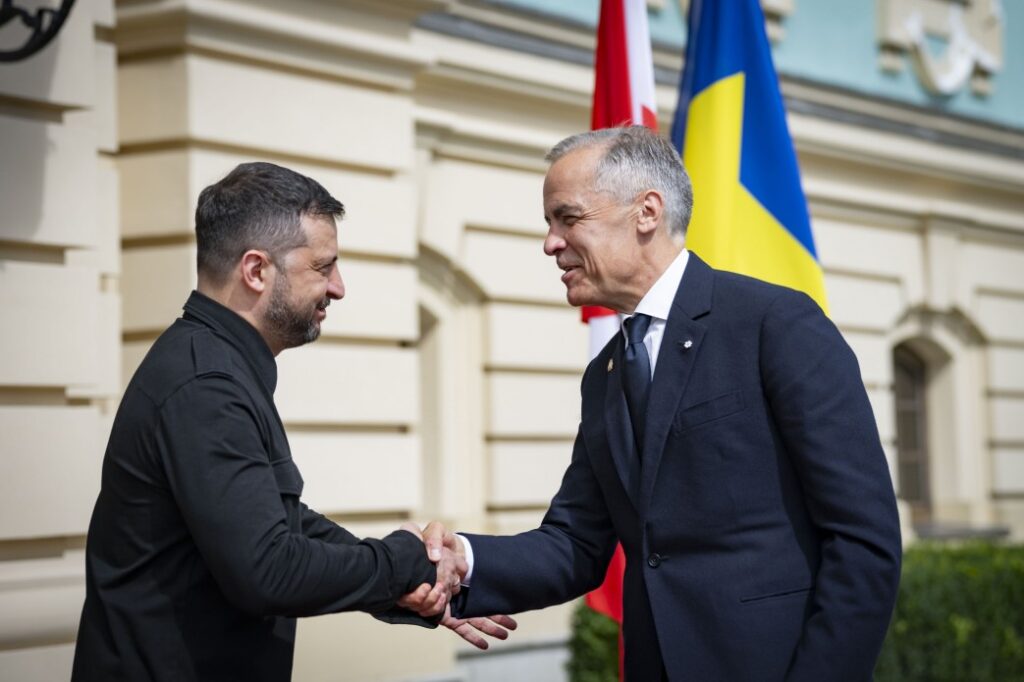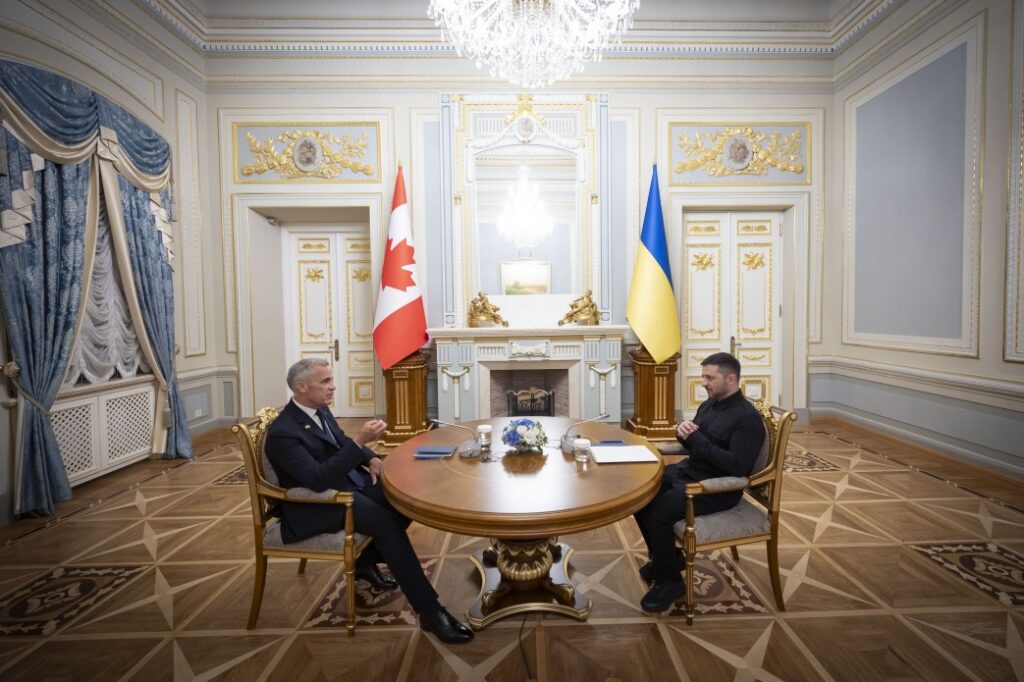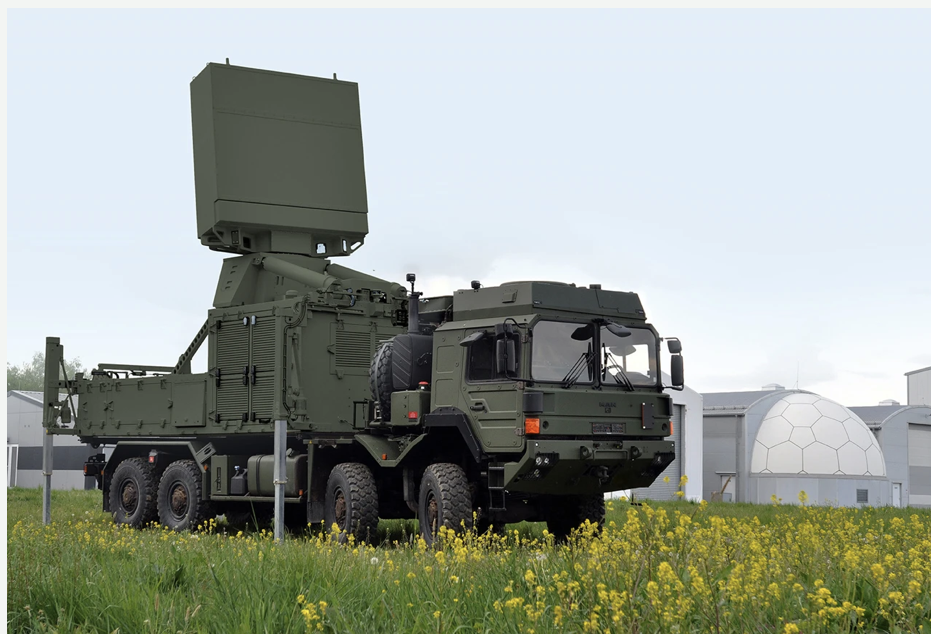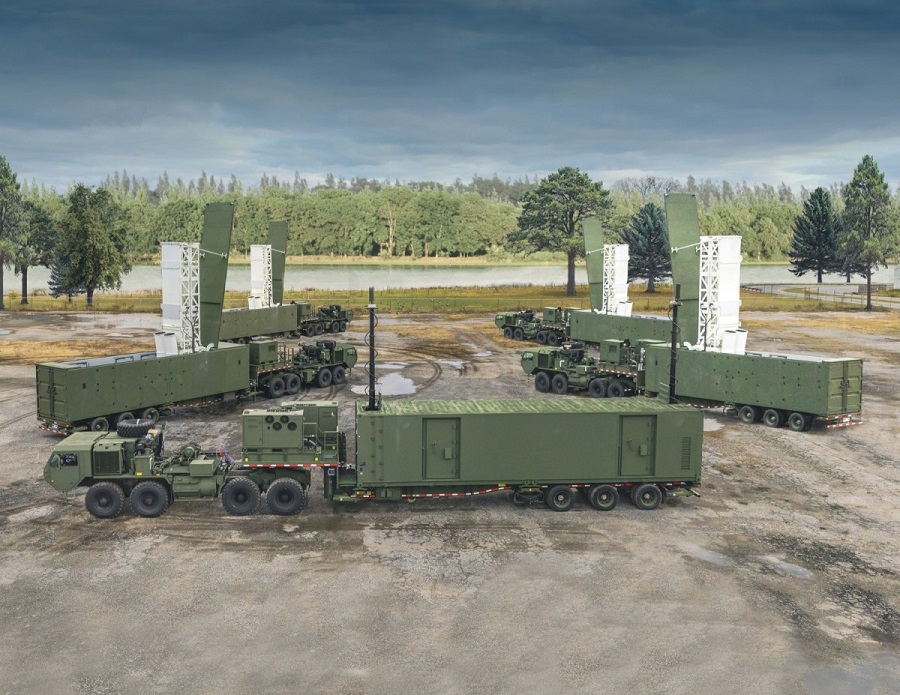Reuters: US under Trump resumes Ukraine weapons shipments funded now by European NATO allies
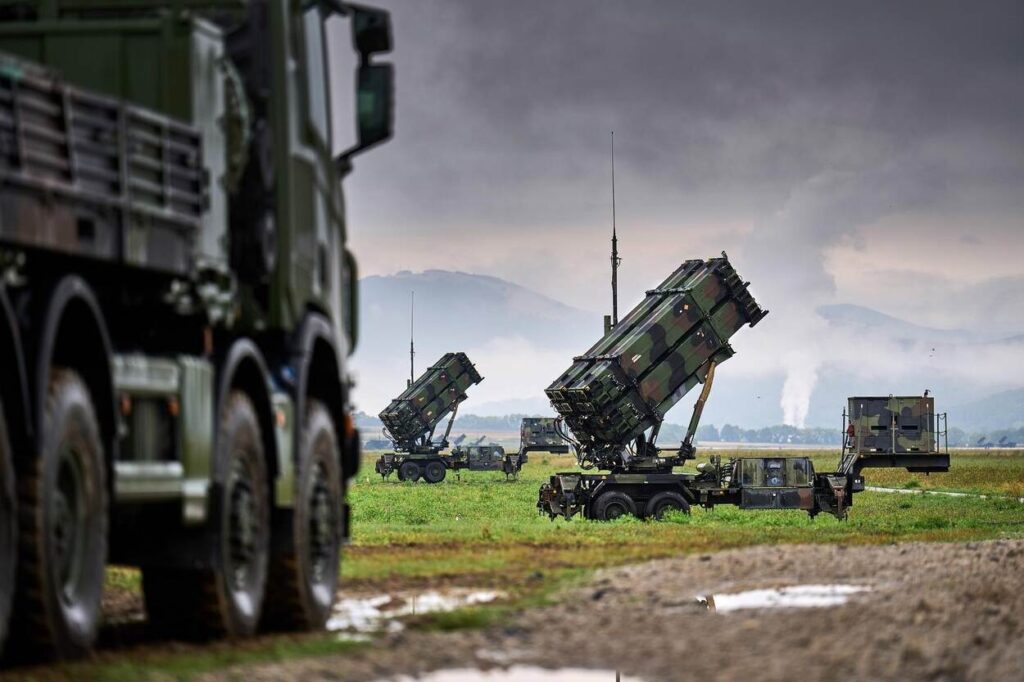
The Trump administration has approved weapons aid packages for Ukraine worth up to $1 billion, with NATO allies paying for American arms shipments to Kyiv rather than the United States funding the assistance directly.
Undersecretary of Defense for Policy Elbridge Colby approved up to two $500 million shipments under a mechanism called the Prioritized Ukraine Requirements List (PURL), two sources familiar with the situation told Reuters.
The renewed transatlantic cooperation aims to provide Ukraine with up to $10 billion worth of weapons.
The sources declined to provide a complete inventory of approved items but confirmed the packages include air defense systems. Ukraine requires these systems urgently given a huge increase in Russian drone and missile attacks.
“It’s the stuff they’ve been asking for. A lot of stuff,” one source told the news agency, adding that the flow has allowed Ukraine to “stabilize the lines thus far.”
What is PURL?
Trump announced the initiative on 14 July, confirming the United States would provide Ukraine with weapons worth “billions of dollars” that European NATO allies would purchase and distribute. The president specifically mentioned preparing up to 17 Patriot air defense systems for shipment to Ukraine.
NATO Secretary General Mark Rutte described Trump’s decision as “quite logical” and said Trump called him on 10 July to explain that Ukraine should receive “everything necessary for self-defense,” but that Europeans should finance the assistance.
By 31 August, Ukrainian President Volodymyr Zelenskyy reported that seven countries had supported the PURL initiative, with total commitments reaching $2 billion. Defense experts indicate Ukraine’s requirements remain consistent with previous months, focusing on air defenses, interceptors, missile systems, rockets, and artillery.


